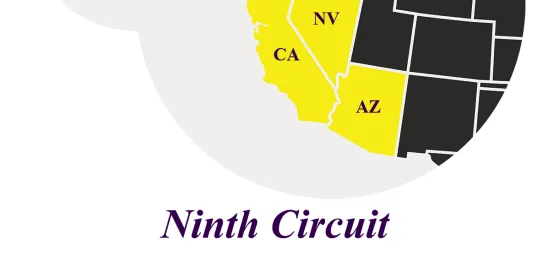The Ninth Circuit concluded that “compelling sellers to warn consumers of a potential ‘risk’ never confirmed by any regulatory body — or of a hazard not ‘known’ to more than a small subset of the scientific community — does not directly advance [California’s] interest” in protecting the health of its citizens.
National Association of Wheat Growers v. Bonta
To date, the International Agency for the Research on Cancer (IARC) is the only intergovernmental health agency to list glyphosate as “probably carcinogenic.” The US Environmental Protection Agency (EPA) has conducted decades worth of research on glyphosate carcinogenicity and concluded that the product is not hazardous to humans. Thus, the Court of Appeals reasoned that this disputed status did not qualify as “purely factual and uncontroversial.” In accordance with the First Amendment’s compelled commercial speech doctrine, if the government cannot show commercial speech to be purely factual and uncontroversial, then it is subject to the intermediate scrutiny standard, as opposed to the lower rational-basis standard.
In general, the intermediate scrutiny standard mandates that government can compel commercial speech only if (1) it directly advances a substantial governmental interest and (2) the restriction is not more extensive or burdensome then necessary to serve that interest. Although the Attorney General and the California Office of Environmental Health Hazard Assessment (OEHHA) — the lead agency that implements Proposition 65 — were persistent in arguing that consumer exposure to glyphosate may cause health concerns, no iteration of the Prop 65 glyphosate warnings passed the court’s intermediate scrutiny test.
At its conclusion, the Ninth Circuit recognized the legitimate interest that California and the state’s Attorney General have in protecting the health of citizens. However, the court was firm in stating that such a right must not be enforced by mandating sellers to warn of risks that have never been confirmed by a regulatory body, as that would not advance California’s interest in health preservation. Instead, the court suggested that the state provide information about contested products like glyphosate on their website or through advertising campaigns.
Takeaways
- It is likely that the court’s decision will lead other businesses to challenge Prop 65 warning requirements on the same grounds; especially when the disputed product has not been unanimously identified as causing cancer, birth defects, or reproductive harm.
- The court’s strong emphasis on providing “robust First Amendment protections,” reflect that courts are especially sensitive in dealing with issues surrounding First Amendment rights in the context of Proposition 65, and that will likely continue to be the case in subsequent enforcement actions.




 />i
/>i

